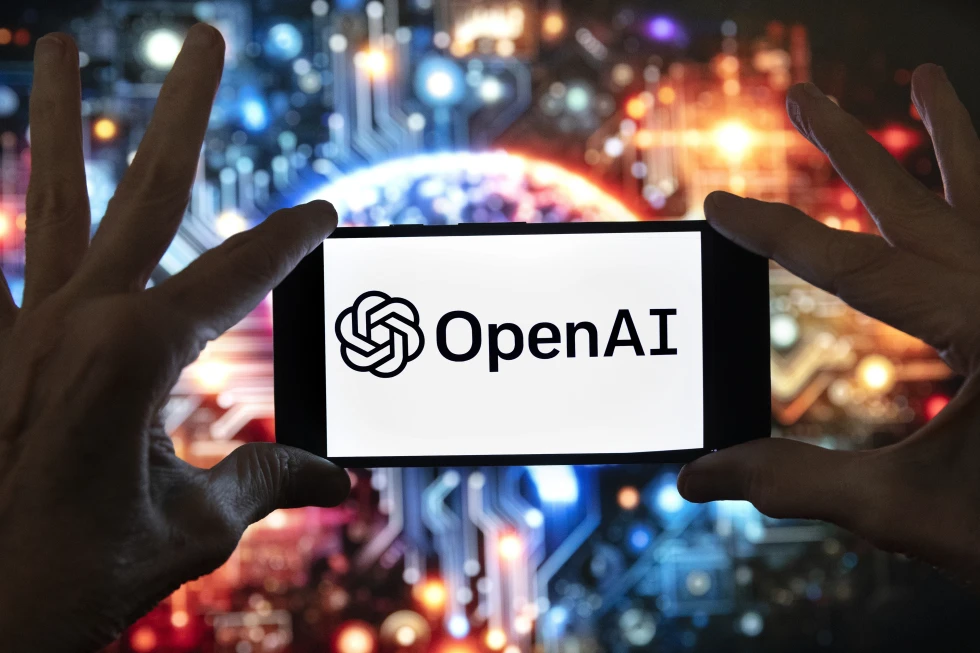OpenAI has officially launched its new artificial intelligence video generator, Sora, but has imposed restrictions on users, particularly limiting the ability to generate videos of humans. This move is part of the company’s effort to monitor potential misuse, such as the creation of deepfakes and the unauthorized use of people’s likenesses.
Sora is available to users of the premium version of OpenAI’s ChatGPT, allowing them to create AI-generated videos from written prompts. Some notable examples include clips of sumo-wrestling bears and a cat drinking coffee. However, only a select group of invited testers can currently create videos featuring humans, as OpenAI works to address concerns about the risks of impersonation in politics and other areas.
While the tool has been marketed as a cost-effective solution for producing entertainment and marketing content, OpenAI is also taking steps to prevent harmful uses, such as the creation of sexual deepfakes or child exploitation material. The company has confirmed that it is blocking content involving nudity and prioritizing the prevention of these more damaging applications.
Due to overwhelming demand following Sora’s release on Monday, OpenAI temporarily halted new account creation, citing heavy traffic. Earlier this year, OpenAI previewed Sora and emphasized the importance of engaging with artists, policymakers, and other stakeholders before its full public rollout.
Although OpenAI has yet to reveal the specific data sources used to train Sora, the company has faced legal challenges over its use of copyrighted works to train its other AI tools like ChatGPT, with some authors and The New York Times suing over this issue.
